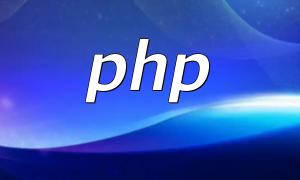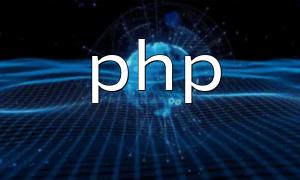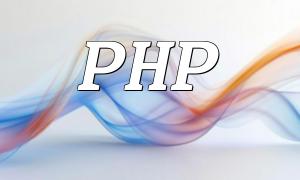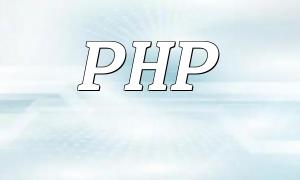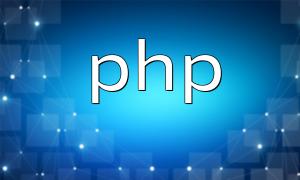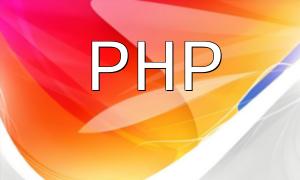Overview of PHP Backend Technologies
PHP is a widely-used backend programming language with a rich ecosystem. By mastering various frameworks, databases, and development tools, developers can build efficient and maintainable web applications.
PHP Frameworks
Frameworks provide structured solutions for PHP development, improving efficiency and code maintainability. Popular frameworks include:
Laravel
A full-stack framework with powerful features and a rich ecosystem.Symfony
An enterprise-level framework known for its component-based architecture and scalability.CodeIgniter
A lightweight framework that is easy to learn and suitable for rapid development.
Object-Relational Mapping (ORM)
ORM allows developers to interact with databases using object-oriented programming, enhancing efficiency and maintainability. Common ORM tools include:
Doctrine
A powerful ORM that supports multiple database systems.Eloquent
Laravel’s built-in ORM, providing intuitive database operations.Propel
A lightweight ORM focused on performance and scalability.
Template Engines
Template engines separate logic from presentation, improving frontend development efficiency. Common template engines include:
Twig
A popular template engine known for its speed and security.Blade
Laravel’s native template engine with intuitive and efficient syntax.Smarty
A fully-featured template engine supporting caching and compilation.
Web Service Libraries
Web service libraries help PHP applications handle HTTP requests and high-concurrency scenarios:
Guzzle
A popular HTTP client library with a simple and user-friendly API.ReactPHP
A reactive programming library suitable for high-concurrency applications.Swoole
A high-performance HTTP server and WebSocket framework supporting coroutine programming.
Databases
Databases are a core part of backend development. Different types of databases suit different scenarios:
MySQL
An open-source relational database, stable and reliable.PostgreSQL
A feature-rich open-source relational database with advanced features and spatial extensions.MongoDB
A schema-less document database ideal for big data and semi-structured data.
Other Development Tools
These tools enhance PHP development efficiency and project management:
Composer
A PHP dependency manager for easy package management.PHPDoc
A standardized documentation tool for generating API documentation.Docker
A containerization technology for easy deployment and maintenance of applications.
Conclusion
Mastering the PHP backend technology stack helps developers quickly build high-performance and maintainable web applications. Frameworks, ORM tools, template engines, databases, and development tools together form the core of PHP backend development.
